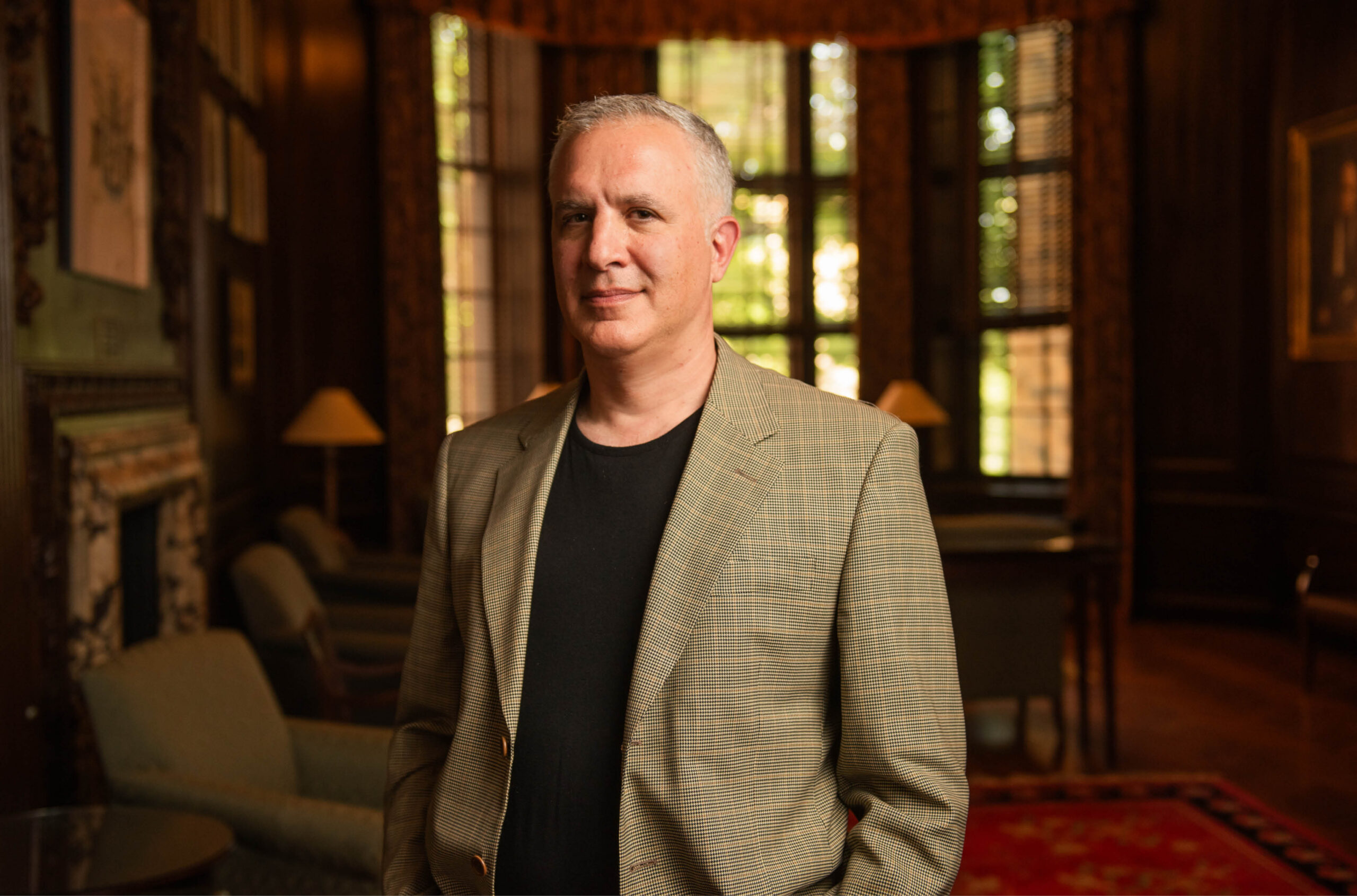Making the Canada Research Chairs our next major project
Expanding the CRC program is the best path to attract talent, build research capacity and raise Canada’s international profile.

Canadian higher education is facing an epistemic crisis. University departments – particularly in the humanities and public knowledge fields – are under severe political and financial pressure. At the same time, a generation of highly trained Canadian scholars face a collapsing academic job market. The Canada Research Chairs Program has already demonstrated success in attracting and retaining talent, but with only 2,285 chairs nationwide it operates at a scale wholly inadequate to match Canada’s strategic needs. This proposal calls for a doubling of the CRC program, maintaining standards and procedures while opening stable pathways for the next generation of scholars. The goal is clear: to transform Canada from a nation with a historical reputation for exporting intellectual talent into one that sustains a knowledge ecosystem essential to navigating the challenges of a rapidly changing world – reframing intellectual capital as a key infrastructure investment.
Why this Matters: Canada’s Intellectual Future
History, cultural policy, Indigenous studies, or political science are not academic luxuries – they are the foundation of how a country governs itself, imagines its future and defends its democratic culture. Yet these fields are in steep decline. Stable jobs have vanished. Departments are shrinking. Public trust in universities is being undermined.
The current CRC program implicitly recognizes this reality but operates at a scale which increasingly demands industrial capacity. With approximately only one-fifth of CRC chairs in the social sciences and humanities, Canada produces considerably more PhD graduates in these fields than the number of stable positions it generates and supports. The mismatch is stark: Canada’s talent pipeline runs strong, but the institutional pathways to retain and utilize that expertise remains fragile.
Meanwhile, as public discourse increasingly urges Canadians to absorb displaced U.S. academics, a paradoxical trend emerges: Canada already produces world-class scholars but lacks the infrastructure to retain, train, and nurture their development.
The CRC Model Works
The Canada Research Chairs program has demonstrated remarkable success in attracting talent, building research capacity and raising Canada’s international profile. Chairholders have produced groundbreaking research, trained thousands of students, and strengthened Canada’s intellectual competitiveness globally. But this success reveals a glaring gap. Consider the priorities: Canada spends approximatively $300 million annually on 2,285 research chairs. For comparison, three fighter jets costs more than the entire annual investment in Canadian intellectual capacity in tenure track retention and development.
The contradictions are clear: if research chairs work so well that universities compete fiercely for allocations, why not create enough positions to meet actual demand? If the program successfully “attracts and retains outstanding scholars”why limit to a scale that forces our most qualified and talented candidates into precarious employment?
Infrastructure Investment
Just as the Carney government doubles down on the promise of new roads, pipelines and cloud networks, it must also carefully nurture Canada’s intellectual infrastructure. Research chairs represent human capital investment that pays dividends for generations through research breakthroughs, policy innovations, and citizenship education.
The current scale of Canada’s federally supported tenure scaffolding treats intellectual capacity as excess spending rather than an essential component of major projects and initiatives. A country of 40 million people maintaining global relevance in the 21st century needs the intellectual infrastructure that matches its ambitions, not restrained programs which usher its most qualified talent to the margins.
What Expansion Looks Like
A serious CRC expansion would increase the program from 2,285 to 4,570 chairs nationally, with proportional increases across all three granting councils (SSHRC, NSERC, CIHR). For social sciences and humanities alone, this would mean growing from roughly 400-450 chairs today, to 900 – more closely matching the scale of intellectual talent Canada produces today. Beyond this, a larger program could deliberately strengthen public knowledge fields such as history, philosophy, and media studies – disciplines essential to democratic culture yet most endangered by today’s crisis’ in higher education.
Political and Economic Realties
Doubling the CRC program would cost approximately $600 million annually – a fraction of what Canada endeavours to spendon “major” development in the coming half decade. The economic returns through research commercialisation, policy innovation, and human capital development would – of course – far exceed this investment.
Politically, the CRC expansion offers something across the political spectrum: job creation in knowledge industries, regional development through investment, national sovereignty through intellectual capacity building, and concrete support for the “knowledge economy” Canada nominally purports to support.
Most importantly, expansion leverages existing infrastructure rather than laboring in the intricacies of creating new bureaucracies. The CRC program works – universities understand it, scholars respect it, international recognition follows it. In this instance, scaling success is simpler than inventing alternatives.
Scaling Success
Without expanded federal support, Canada faces the prospect of continued brain drain, institutional degradation and growing dependence on foreign intellectual production. The current trajectory – conservative investment in intellectual infrastructure – necessarily stimies Canada’s potential knowledge capacity.
The Canada Research Chairs program has proven that the model works. The question isn’t whether research chairs create value – it’s whether Canada will invest at the scale necessary to synchronize the promise of major planning with the growth of Canada’s intellectual capacity.
Featured Jobs
- Canada Impact+ Research ChairInstitut national de la recherche scientifique (INRS)
- Director of the McGill University Division of Orthopedic Surgery and Director of the Division of Orthopedic Surgery, McGill University Health Centre (MUHC) McGill University
- Engineering - Assistant Professor, Teaching-Focused (Surface and Underground Mining)Queen's University
- Human Rights - Assistant Professor (Expertise in Human Rights related to Artificial Intelligence and Digital Security)University of Winnipeg
- Soil Physics - Assistant ProfessorUniversity of Saskatchewan












Post a comment
University Affairs moderates all comments according to the following guidelines. If approved, comments generally appear within one business day. We may republish particularly insightful remarks in our print edition or elsewhere.